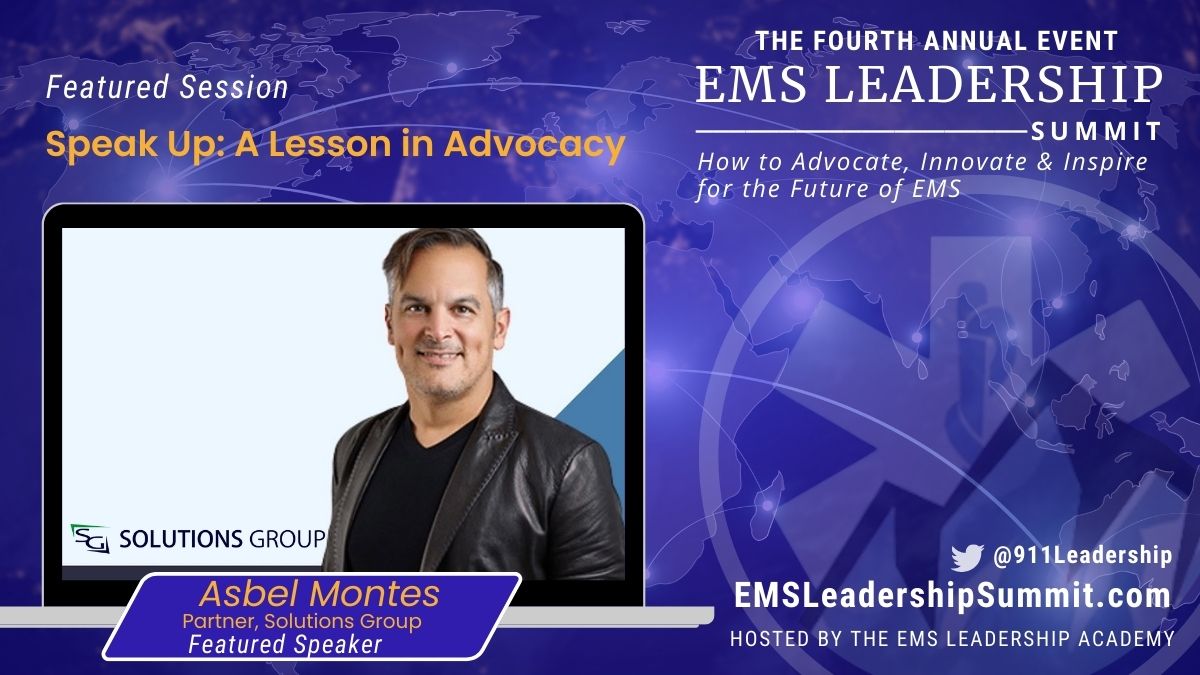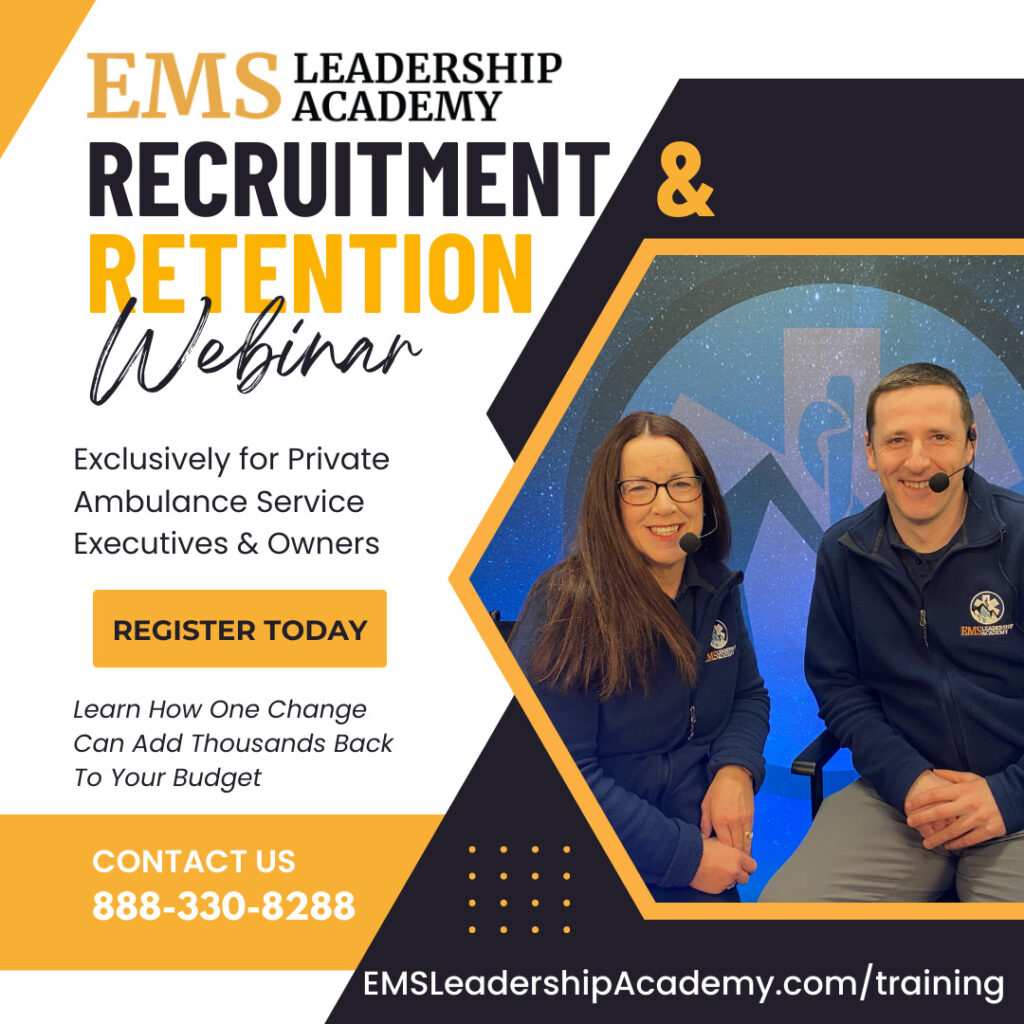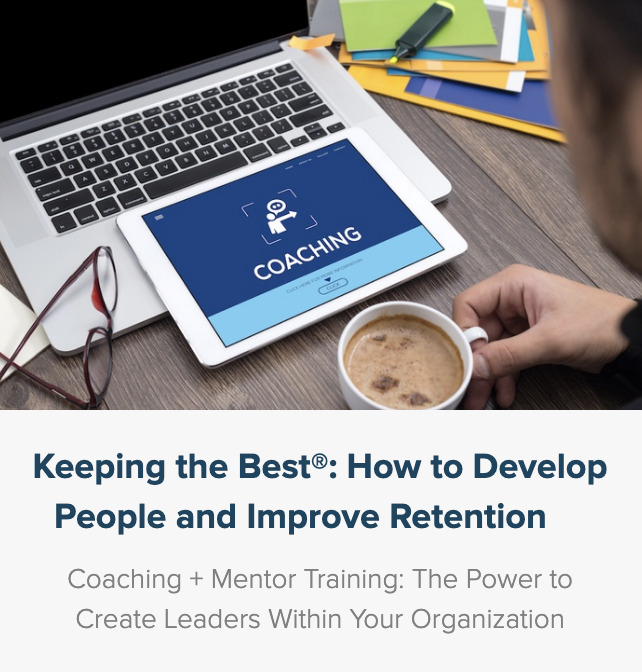Asbel Montes appears at the 4th Annual EMS Leadership Summit.
Asbel began his career in the ambulance industry in '99. His EMS career includes directing and leading teams that provided revenue cycle consultation to air and ground ambulance agencies, culminating into the position of Managing Partner of Solutions Group Consulting. Asbel is a respected thought leader on reimbursement initiatives within the industry and is a requested speaker at many healthcare conferences. Asbel is a contributing author in several EMS magazines and co-authoring the book, Management of Ambulance Services, as published by Prentice Hall in 2014.
Advocacy is an important part of healthcare policy and implementation. Successful advocacy should involve research, building relationships, creating a narrative that can reach people, and personalizing the story using real life experience.
When delivering the message, it should be kept at 8-10 minutes, with additional time for questions and answers. When communicating it is important to understand who the audience is, anticipate the move of one’s opponent, and to be aware of the power of what is not being said.
Moreover, it is important to be authentic and use language that one is comfortable with, as well as knowing one's data. Finally, it is important to reach out to other agencies for help and advice to achieve a common purpose.
Get Lifetime Access to All 30+ High Impact Sessions
With speakers from leaders across the prehospital space, the EMS Leadership Summit valuable, actionable content will move your leadership & organization to the cutting edge!
- Introducing Asbel Montes to Learn About Advocacy and the Role of Politics in Healthcare Policy (00:00 - 07:05)
- Telling Your Story Through In-Person and Written Advocacy (07:05 - 12:21)
- The Three Ps of Effective Advocacy: People, Policy and Politics (12:21 - 18:05)
- Winning the Chess Game of Advocacy: Five Points to Consider (18:05 - 23:38)
- Advocate for Data, Listen, and Be Authentic (23:38 - 29:31)
- The Vitality of Advocacy and the Role of First Responders During a Public Health Emergency (29:31 - 31:29)




